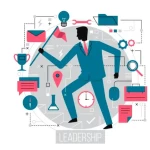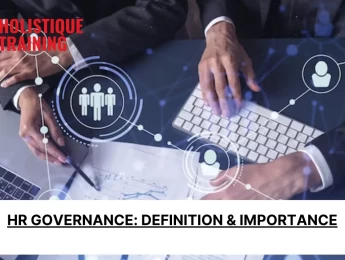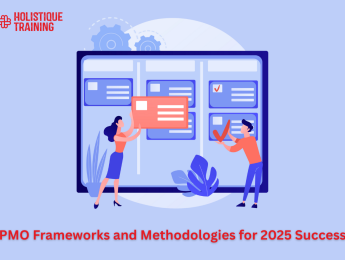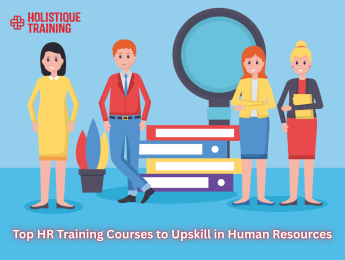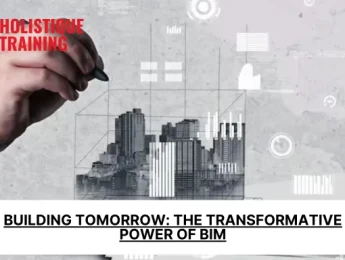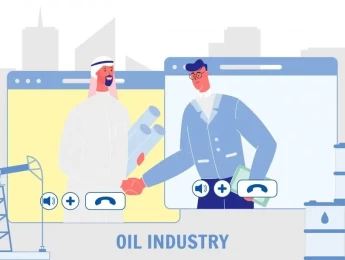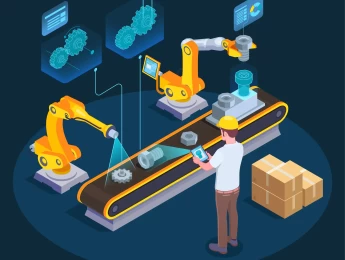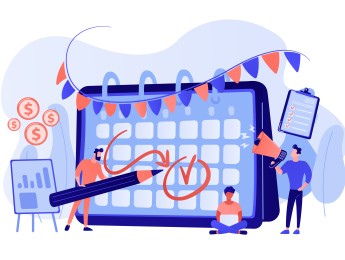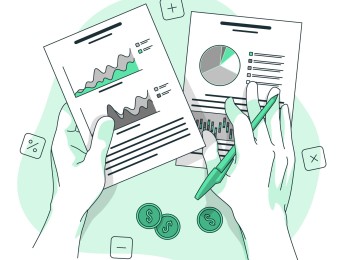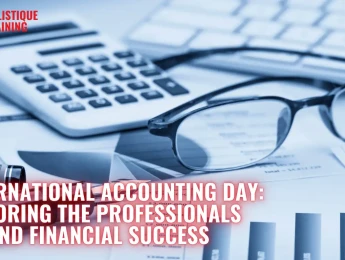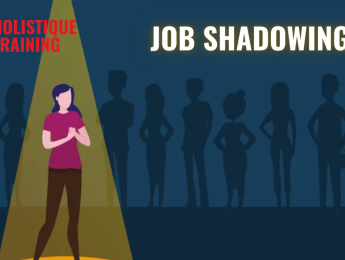- Table of Contents
- Introduction
- Before the Interview
- 1. Research the Company
- 2. Review the Job Description
- 3. Prepare Your Responses
- 4. Dress Appropriately
- 5. Plan Logistics
- Day of the Interview
- 1. Start the Day Right
- 2. Dress Confidently
- 3. Arrive Early
- 4. Non-verbal Communication
- 5. Active Listening
- How to Answer the Most Common Internship Interview Questions
- "Tell me about yourself"
- "Why are you interested in this internship/company?"
- "Describe a challenge you faced and how you overcame it"
- "What are your strengths and weaknesses?"
- "Tell me about a time when you worked effectively in a team"
- After the Interview
- 1. Send a Thank-You Note
- 2. Reflect and Learn
- 3. Follow Up
- Navigating Unconventional Interview Formats
- 1. Case Interviews
- 2. Situational Judgement Tests
- 3. Group Interviews
- 4. Virtual Interviews
- Tailoring Your Preparation for Unconventional Formats
- Demonstrating Adaptability in Responses
- Researching Company-Specific Formats
- Conclusion
Introduction
Securing a job interview is a significant milestone in your career journey. It is an opportunity to showcase your skills, qualifications, and personality to potential employers. However, interviews can be nerve-wracking, especially if you're unprepared. But fear not! This comprehensive guide will provide invaluable job interview tips that will increase your chances of landing your dream job. We will cover crucial aspects, including preparation before the interview, navigating the interview day, strategies for answering common internship interview questions, and post-interview follow-up. Let's dive in and empower you to ace your next job interview!
Before the Interview
Preparation is key to success, and job interviews are no exception. Here are essential steps to take before your interview:
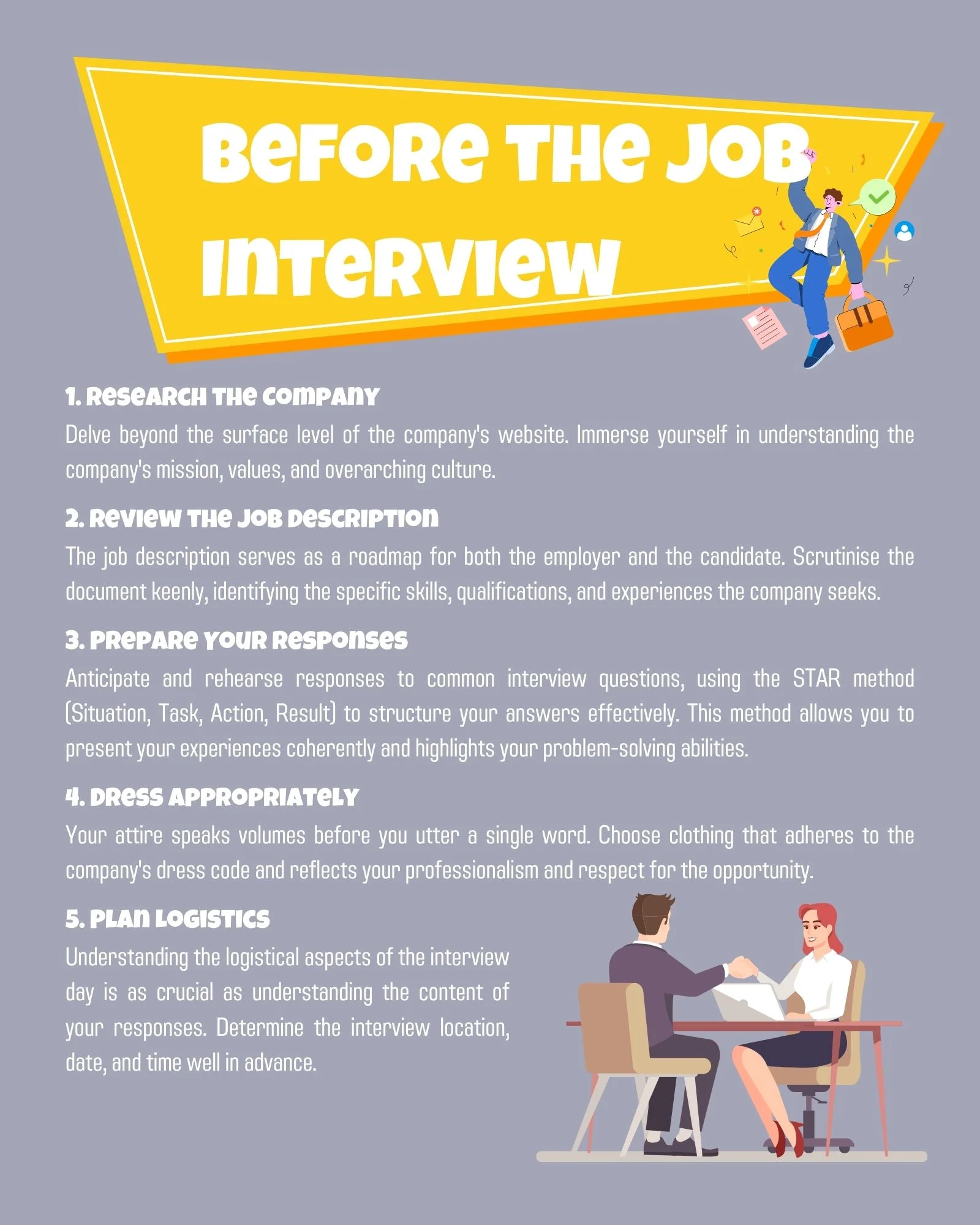
1. Research the Company
Delve beyond the surface level of the company's website. Immerse yourself in understanding the company's mission, values, and overarching culture. Dig into recent press releases, articles, or blog posts to gain insights into the company's current projects, achievements, and any challenges they might be facing. Familiarise yourself with the organisational structure and key players, as this knowledge can come in handy during the interview, showcasing your genuine interest in becoming an integral part of their team.
Moreover, consider contacting current or former employees through professional networking platforms like LinkedIn. Gathering firsthand perspectives can provide invaluable insights into the company's work environment, ethos, and the qualities it values in its team members.
2. Review the Job Description
The job description serves as a roadmap for both the employer and the candidate. Scrutinise the document keenly, identifying the specific skills, qualifications, and experiences the company seeks. This analysis forms the foundation for tailoring your responses during the interview.
Create a checklist of the key requirements and assess how your skills and experiences align with each criterion. This exercise not only prepares you for potential questions but also enables you to articulate how your unique skill set makes you the ideal candidate for the role.
3. Prepare Your Responses
Anticipate and rehearse responses to common interview questions, using the STAR method (Situation, Task, Action, Result) to structure your answers effectively. This method allows you to present your experiences coherently and highlights your problem-solving abilities.
Additionally, prepare examples that showcase your achievements, challenges you've overcome, and instances where you've demonstrated leadership or teamwork. Align these examples with the company's values and the specific requirements outlined in the job description.
Consider conducting mock interviews with a friend or mentor to receive constructive feedback. This practice hones your communication skills and helps you refine your delivery and presentation style.
4. Dress Appropriately
Your attire speaks volumes before you utter a single word. Choose clothing that adheres to the company's dress code and reflects your professionalism and respect for the opportunity. Ensure your clothes are well-maintained, clean, and fit well. The goal is to make a positive visual impact that complements the favourable impression you aim to leave through your words and actions.
Beyond clothing, pay attention to grooming details. Neat and well-groomed appearances convey attention to detail and a commitment to presenting your best self. This attention to professional aesthetics contributes to your overall confidence, an essential element in any successful interview.
5. Plan Logistics
Understanding the logistical aspects of the interview day is as crucial as the content of your responses. Determine the interview location, date, and time well in advance. Calculate the estimated travel time and plan to arrive at least 10-15 minutes before the scheduled time.
If the interview location is unfamiliar, consider doing a trial run, ensuring you're aware of potential traffic or public transportation delays. This proactive approach demonstrates your punctuality and minimises the stress associated with last-minute disruptions.
In essence, the before-the-interview phase is about constructing a solid foundation that aligns your understanding of the company with your unique qualifications. This strategic approach enhances your preparedness and showcases your genuine interest and commitment to the potential employer. With this groundwork, you're not just attending an interview but embarking on a purposeful journey to communicate your value and secure a meaningful place within the organisation.
Day of the Interview
On the day of your interview, it's crucial to be composed and focused. Follow these tips to make a lasting impression:
1. Start the Day Right
The importance of a good start to the day cannot be overstated. Ensure you sleep a restful night to wake up refreshed and mentally alert. Adequate sleep enhances your cognitive function and contributes to your overall demeanour, helping you exude a sense of vitality and enthusiasm.
Begin your day with a healthy breakfast to fuel your brain and sustain your energy levels. Opt for a balanced meal with complex carbohydrates, proteins, and fruits. Avoid excessive caffeine, as while it may provide a temporary energy boost, it can also contribute to heightened anxiety. Instead, hydrate with water or herbal tea to maintain clarity and composure.
2. Dress Confidently
Wear the professional attire you meticulously selected during your pre-interview preparations. Beyond the visual impact, your chosen attire is a psychological boost, enhancing your self-assurance and projecting an image of competence.
In addition to your outfit, pay attention to grooming details. Ensure your appearance is polished, from neatly combed hair to well-maintained nails. A well-groomed appearance complements your professional image and reflects your attention to detail—a trait highly valued in the professional world.
Remember to wear a smile—it's a simple yet powerful tool. A genuine smile not only relaxes you but also positively impacts those around you. It creates an approachable and friendly atmosphere, setting a positive tone for future interactions.
3. Arrive Early
The adage "early is on time, on time is late" holds particular relevance on the day of your interview. Arriving punctually demonstrates your respect for others' time and showcases your organisational and time-management skills.
According to StandOut CV, 60% of employers believe that a candidate arriving more than 20 minutes early indicates a lack of time management skills. Aim to arrive 10-15 minutes before the scheduled time to balance punctuality and professionalism. This early arrival not only allows you to collect your thoughts but also provides an opportunity to familiarise yourself with the surroundings and the company's culture.
Use this time wisely by observing the workplace environment, absorbing the company's atmosphere, and mentally preparing yourself for the interview. This proactive approach will help you appear composed and confident when you enter the interview room.
4. Non-verbal Communication
Your body language speaks volumes, often conveying messages beyond words. Albert Mehrabian, a body language researcher, initially dissected face-to-face communication, revealing that 55% is nonverbal, 38% vocal, and a mere 7% relies on words alone, as cited by UTPB. Be conscious of your non-verbal communication throughout the interview. Maintain eye contact as a sign of attentiveness and engagement. Sitting up straight exudes professionalism and indicates an active and interested participant.
Avoid fidgeting, as it can be perceived as nervousness. Instead, opt for purposeful gestures that complement your verbal communication. For instance, using hand gestures sparingly can emphasise key points and add dynamism to your responses.
Remember, non-verbal cues are a two-way street. Observe the interviewer's body language, adapting your responses to maintain a positive and responsive interaction. This reciprocal awareness demonstrates your social intelligence and ability to navigate interpersonal dynamics effectively.
Non-Verbal Cue | Interpretation |
Maintaining eye contact | Indicates attentiveness and confidence |
Fidgeting or nervous habits | May signal anxiety or discomfort |
Leaning forward | Demonstrates active engagement and interest |
Mirroring gestures | Suggests a desire to build rapport and connection |
Firm handshake | Conveys strength and confidence in first impression |
Table 1: Common non-verbal cues and interpretation
5. Active Listening
Active listening is a skill that goes hand-in-hand with effective communication. Pay close attention to the interviewer's questions and statements, showing genuine interest in the conversation. Take brief notes, not only as a memory aid but also as a visible sign of your commitment to the discussion.
Active listening allows you to tailor your responses to the specific nuances of the interview. It demonstrates your adaptability and ensures that your answers directly address the interviewer's inquiries. Additionally, responding thoughtfully to the information provided during the interview showcases your ability to process information in real time—a valuable trait in a professional setting.
Incorporating these elements into your day-of-interview routine establishes a strong framework for success. From the moment you wake up to the moment you enter the interview room, every action contributes to the narrative you're building about yourself as a candidate. By being mindful of your physical and mental well-being, projecting confidence through attire and body language, and actively engaging with the interview environment, you set the stage for a positive and impactful interaction with potential employers.
How to Answer the Most Common Internship Interview Questions
Interviewers often ask specific questions to assess your skills, experience, and fit for the role. Let's explore some common internship interview questions and strategies for providing impressive answers:
"Tell me about yourself"
Consider this question as an opportunity to create a positive first impression and set the tone for the interview. Craft a concise yet compelling introduction highlighting your relevant experiences, skills, and career goals. Focus on aspects of your background that align with the internship or fellowship position.
Structure your response using the STAR method (Situation, Task, Action, Result) to weave a narrative that showcases your accomplishments and contributions. Emphasise your passion for the industry and how your unique background prepares you to excel in the role.
"Why are you interested in this internship/company?"
Interviewers want to know that you've done your homework and are genuinely interested in the opportunity. Highlight specific aspects of the company that resonate with you, whether it's their innovative projects, commitment to social responsibility, or company culture.
Discuss how the internship aligns with your career aspirations and what you hope to gain from the experience. Connecting your personal and professional goals with the company's values demonstrates genuine interest and a thoughtful approach to your career.
"Describe a challenge you faced and how you overcame it"
This question assesses your ability to navigate challenges, showcasing qualities like resilience and adaptability. Share a specific example that illustrates problem-solving skills. Outline the steps you took to address the challenge and emphasise the positive outcome of your actions.
This response highlights your ability to overcome obstacles and provides insight into your thought process and decision-making skills.
Interview Question | STAR Method Example |
"Tell me about yourself" | Presented successful projects in previous roles. |
"Why are you interested in this role?" | Highlighted alignment with company values and goals. |
"Describe a challenge you faced" | Outlined a project setback and resolution through teamwork. |
"What are your strengths?" | Discussed leadership skills and their impact on team success. |
"Tell me about a team experience" | Shared a collaborative effort that led to project success. |
Table 2: Common interview questions and the STAR method
"What are your strengths and weaknesses?"
When discussing strengths, focus on key attributes that align with the job requirements. Provide concrete examples of how these strengths have benefited you in previous experiences. This showcases your capabilities and substantiates your claims with real-world examples.
When addressing weaknesses, be honest but strategic. Choose areas where you have actively worked on self-improvement or made significant progress. This demonstrates self-awareness and a commitment to continuous growth, leaving a positive impression on the interviewer.
"Tell me about a time when you worked effectively in a team"
Internship or fellowship roles often involve working within a team. Select an example that showcases your collaboration skills, effective communication, and ability to contribute to a common goal. Describe your role in the team and how your contributions positively influenced the team's outcome.
Emphasize your ability to work well with others and your capacity to contribute meaningfully to shared objectives. This aligns with the collaborative nature of many workplace environments.
Crafting thoughtful and well-structured responses to these common questions positions you as a candidate who possesses the requisite skills and can articulate and demonstrate how those skills translate into real-world scenarios. Remember, each answer is an opportunity to showcase your unique qualifications and leave a lasting impression on the interviewer.
After the Interview
The interview doesn't end when you walk out of the room. Follow these steps to leave a lasting impression and increase your chances of getting hired:
1. Send a Thank-You Note
Expressing gratitude is a timeless gesture that goes a long way in the professional realm. Shortly after the interview, send a personalised thank-you note to each interviewer. Whether through email or traditional mail, this note should convey genuine appreciation for the interviewer's time and consideration.
In the thank-you note, reference specific points from the interview, highlighting aspects of the conversation that resonated with you. This demonstrates attentiveness and reiterates your interest in the position. Avoid generic templates; instead, tailor each note to the nuances of your conversation with each interviewer.
Crafting a well-thought-out thank-you note reflects your professionalism and leaves a lasting positive impression on the interviewers. It's an opportunity to remind them of your qualifications and enthusiasm for the role.
2. Reflect and Learn
Following the interview, take a moment to reflect on your performance. Identify areas where you excelled and aspects that could be improved. This post-interview self-assessment is valuable for enhancing your interview skills in future opportunities.
Consider the questions asked and your responses. Were there any unexpected queries that you could prepare for in subsequent interviews? Assess your body language and communication style. Did you effectively convey your strengths and experiences? This reflective process is a continuous journey of self-improvement and professional development.
3. Follow Up
If the stated timeframe for hearing back from the employer has passed, following up with a polite inquiry is acceptable. Send a brief email expressing your continued interest in the position and inquiring about the next steps in the hiring process.
In your follow-up email, reiterate your appreciation for the interview and the insights gained about the company. Express enthusiasm about the possibility of contributing to the team. Avoid sounding impatient; instead, convey genuine eagerness to move forward in the process.
The follow-up email is a strategic move that showcases your proactive nature and keeps you on the interviewer's radar. It's a gentle nudge that demonstrates your commitment to the role and desire to stay informed about the progress of your application.
Navigating Unconventional Interview Formats
As the professional landscape evolves, so too do the methods by which employers assess potential candidates. Some companies embrace unconventional interview formats to gain deeper insights into candidates' capabilities and compatibility with their work environment. Navigating these unique assessments requires adaptability and strategic preparation. Let's explore various unconventional interview formats and strategies to excel in each:
1. Case Interviews
Case interviews are a popular method, particularly in the consulting, finance, and management industries. In these interviews, candidates are presented with real-world business scenarios or problems and are asked to analyse, strategize, and provide solutions on the spot.
Strategies for Success
- Practice Problem-Solving: Familiarise yourself with case interview structures and practice solving problems within a time constraint. Online resources and case interview guides can provide valuable insights.
- Communicate Your Thought Process: Clearly articulate your thought process as you approach the problem. Interviewers are often more interested in how you think and analyse information than in the specific solution you provide.
- Stay Calm Under Pressure: Case interviews can be intense. Maintaining composure under pressure ensures you can think critically and communicate effectively during the interview.
2. Situational Judgement Tests
Situational judgment tests present candidates with hypothetical workplace scenarios and ask them to choose the most appropriate course of action. These tests aim to evaluate decision-making skills, problem-solving abilities, and how well candidates align with the company's values.
Strategies for Success
- Understand Company Values: Familiarise yourself with the company's values and culture. Your responses should align with the organisation's ethos, demonstrating that you understand and embody their core principles.
- Prioritise and Justify: When faced with multiple options, prioritise actions based on their impact and justification. Explain the reasoning behind your choices to showcase your decision-making process.
3. Group Interviews
Group interviews involve multiple candidates interacting in a shared assessment setting. Employers use this format to observe how candidates collaborate, communicate, and contribute within a team environment.
Strategies for Success
- Balancing Act: Find a balance between showcasing your individual strengths and actively participating in group discussions. Strive to contribute meaningfully to the team's objectives while respecting the perspectives of others.
- Effective Communication: Demonstrate effective communication skills by listening actively to others, expressing your ideas clearly, and building on the contributions of your peers.
- Conflict Resolution: If conflicts arise, address them diplomatically. Employers are interested in how you handle disagreements and navigate interpersonal dynamics.
4. Virtual Interviews
With the rise of remote work, virtual interviews have become increasingly common. Navigating these interviews requires adapting to the nuances of online communication and ensuring a seamless virtual experience.
Strategies for Success
- Technical Preparedness: Test your internet connection, camera, and microphone in advance. Familiarise yourself with the video conferencing platform to minimise technical issues during the interview.
- Professional Environment: Choose a quiet and well-lit space for the interview. Ensure your background is tidy and professional. Dress as you would for an in-person interview to maintain a polished appearance.
- Maintain Eye Contact: Look directly into the camera to simulate eye contact and convey engagement. Virtual interviews require conscious efforts to establish a connection with the interviewer.
Tailoring Your Preparation for Unconventional Formats
Preparation is paramount when facing unconventional interview formats. Tailor your practice sessions to align with the specific demands of each format. Seek out industry-specific case studies or situational judgement test examples to simulate the conditions you might encounter in the actual interview.
Demonstrating Adaptability in Responses
Unconventional formats often assess your ability to think on your feet and adapt to varying circumstances. Emphasise your adaptability in responses by showcasing instances where you successfully navigated complex situations or quickly adjusted to changing dynamics in previous roles or projects.
Researching Company-Specific Formats
Research the interview formats commonly used by the company you're interviewing with. Company websites, employee reviews, and industry forums can provide insights into the assessment methods employed. Tailor your preparation to align with the organisation's specific expectations.
In summary, navigating unconventional interview formats demands a combination of strategic preparation, adaptability, and a keen understanding of the company's expectations. By honing your skills to excel in case interviews, situational judgement tests, group interviews, and virtual settings, you position yourself as a candidate who can thrive in diverse and dynamic professional environments. Remember, each format presents a unique opportunity to showcase your strengths and differentiate yourself from other candidates.
Conclusion
Job interviews can be intimidating, but with proper preparation and execution, you can stand out from the competition. By following these comprehensive job interview tips, you'll be well-equipped to impress interviewers, showcase your abilities, and increase your chances of landing your dream job. Stay calm, be confident, and let your authentic self shine. Good luck with your job search!



